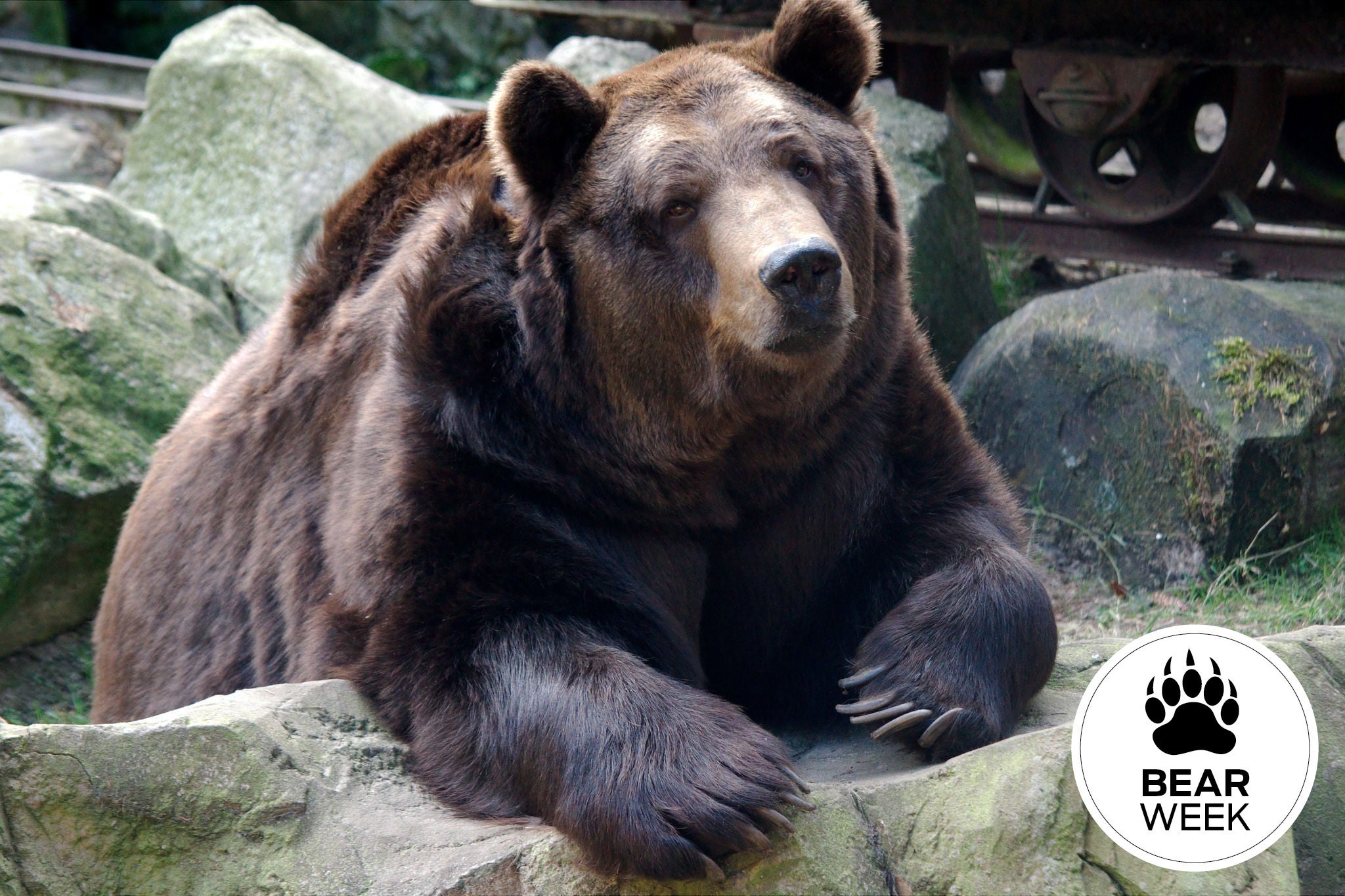Ask a Bear: Where Does the Word "Bear" Come From?

'Andy Rogers'
Q: Where does the word “bear” come from? —Etymology Eddie
A: Would a bear by any other name be as scary? Honestly, I don’t know. But I’m awfully proud of my moniker. The word “bear” has a much more interesting history behind it than most animals’ names—one that speaks to the long and complicated history between us and humans.
The English word “bear” comes from the Old English bera. We think that evolved from the word bero, or “brown one” in Proto-Germanic, an ancient language spoken by a group of tribes in northern Europe from about 500 B.C.E. And that’s where things get really interesting. You see, the parent language of Proto-Germanic, called Proto-Indo-European, had its own, different word for bear, very roughly pronounced “hrktos.”
So why did people suddenly invent a new name for us? Back then, before electric fences and guns and houses, brown bears were the undisputed apex predator of northern Europe. Hunters were so cautious of hrktos that they came to believe that even talking about us was asking for trouble. Eventually, linguists think, the word became so taboo that Germanic peoples started using a euphemism, bero, instead.
So there you have it: Bears were the Voldemort of the Iron Age. Our old name isn’t exactly lost, though: It lives on in the brown bear’s scientific designation, Ursus arctos, as well as in the English word “Arctic.”
—BEAR
Got a question for the bear? Send it to askabear@backpacker.com.